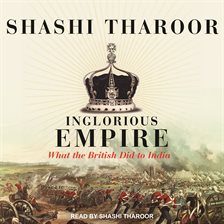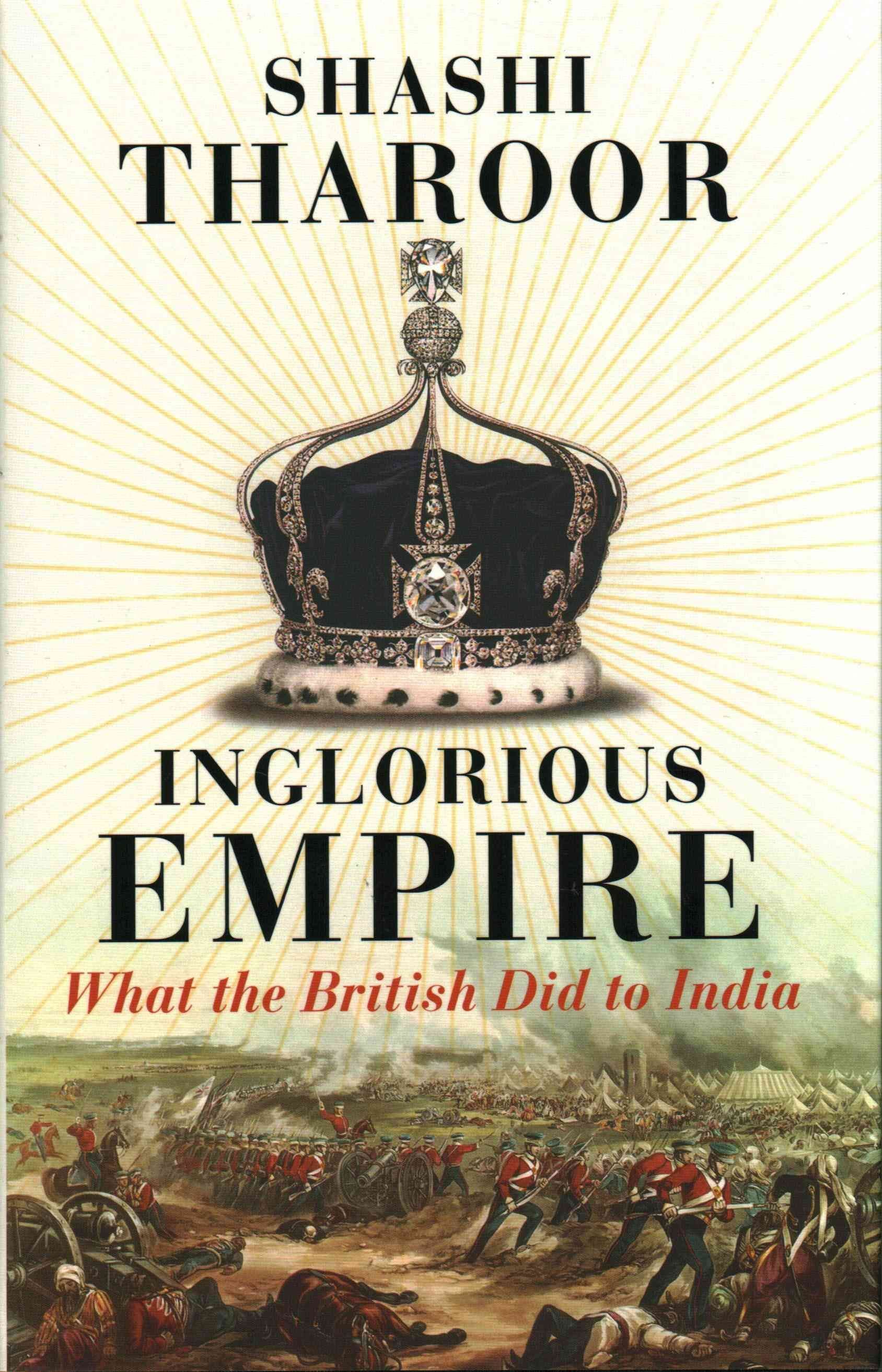

a well-written riposte to those texts that celebrate empire as a supposed "force for good".', "t once a moral indictment and a moralistic polemic, both intended to expose the "totally amoral, rapacious imperial machine" the British devised to plunder India.", A brilliant work.distinguished among this literature in its manner of presentation and dazzling arguments.an eye-opener and a valuable source of reference for students and others to understand India's experience under British colonialism., 'His writing is a delight and he seldom misses his target. charts the destruction of pre-colonial systems of government by the British and their ubiquitous ledgers and rule books.The statistics are worth repeating., "Tharoor's book-arising from a contentious Oxford Union debate in 2015 where he proposed the motion "Britain owes reparations to her former colonies"-should keep the home fires burning, so to speak, both in India and in Britain.He makes a persuasive case, with telling examples.", 'Eloquent.

Tharoor convincingly demolishes some of the more persistent myths about Britain's supposedly civilizing mission in India. In this bold and incisive reassessment of colonialism, Tharoor exposes to devastating effect the inglorious reality of Britain's stained Indian legacy. He goes on to show how Britain's Industrial Revolution was founded on India's deindustrialization, and the destruction of its textile industry.

British imperialism justified itself as enlightened despotism for the benefit of the governed, but Shashi Tharoor takes on and demolishes this position, demonstrating how every supposed imperial "gift"-from the railways to the rule of law-was designed in Britain's interests alone. Beyond conquest and deception, the Empire blew rebels from cannon, massacred unarmed protesters, entrenched institutionalised racism, and caused millions to die from starvation. By 1947, after two centuries of British rule, it had decreased six-fold. In the eighteenth century, India's share of the world economy was as large as Europe's.



 0 kommentar(er)
0 kommentar(er)
